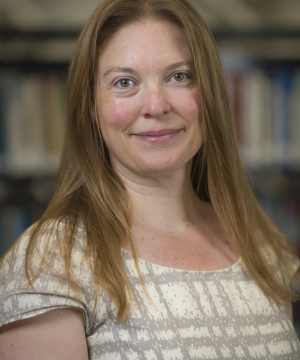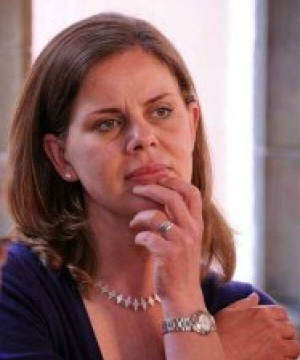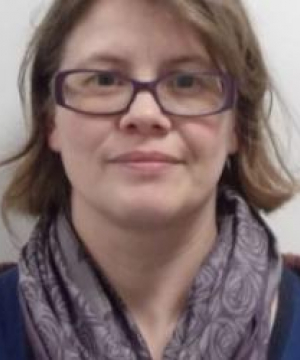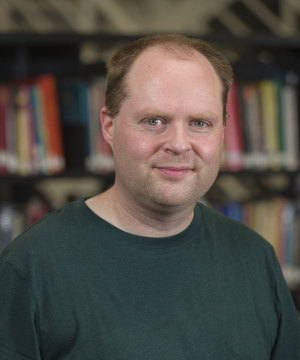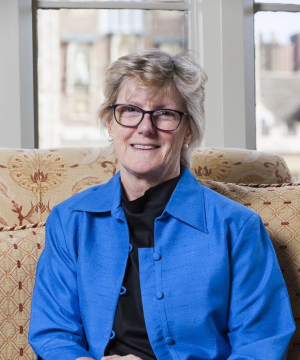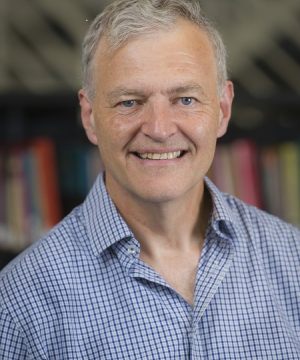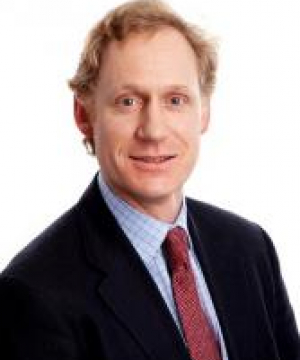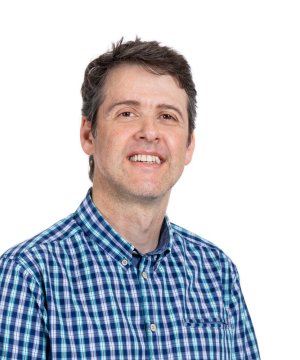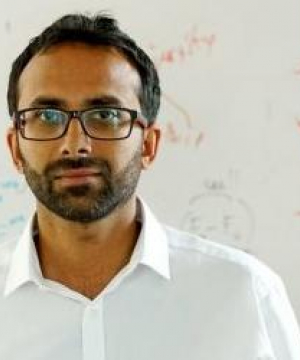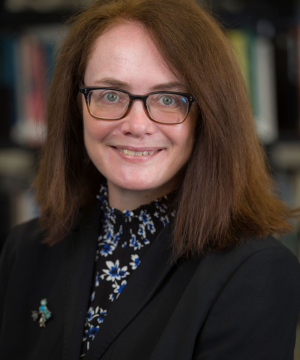Course details
At Homerton
At Homerton we offer eight places per year to study Medicine. We are the closest college to Addenbrooke's Hospital, where our students undertake much of their clinical training, so we are ideally located. Much of the teaching on the medicine course is done in pre-clinical departments or at Addenbrooke's in the clinical years, but the teaching components of the course that take place at Homerton are the supervisions in the first two to three years, usually in groups of two or three students.
Our supervisors are often world experts in their field, and during your time at Homerton you’ll get to meet and learn from many different enthusiasts, all of whom are very approachable. There are several holders of the Pilkington Prize for excellence in teaching amongst the Homerton Medical fellowship. And in addition to supervisions, at Homerton we have a strong medical community across all levels of training and expertise, so there is always someone to ask for advice whatever your level or your interests.
During your time at Homerton you’ll be guided by a Director of Studies. For the first three years, that’s Dr Julia Kenyon (who’ll also supervise you for the MIMS course). During your first year at Homerton, Julia will help advise you on how best to adjust to the pace of work and life at Cambridge. During your second and third years, she’ll review your progress with you and help you to make decisions over subject choices for your Part II (third year).
In years four to six, Dr Rachel Williams or Dr Liz Hook will be your Director of Studies, and will help review your progress as well as provide guidance over career choices. We want our students to have fun, so we arrange evenings out to socialise, as well as pizza nights in college. Once a year, we have a Medicine dinner to which we invite our entire Homerton medical community. We encourage our students to work together to solve problems, and are a very collaborative community.
Although our medical students are loaned a half skeleton each in their first year to help them with their understanding of the FAB course, we also have a separate medical resources room, containing anatomical models and skeletons, in which our students can work together to solidify their understanding. Our Homerton library is also well stocked with text books and further recommended references for the medical course, so students don’t need to purchase their own books.
Hear from our students:
"Homerton really has become my home. Here I feel that I have a presence and a purpose. The academic and pastoral support from the college has exceeded my expectations, making me feel like I can always reach out and am never alone. In my short time here, I have settled in so quickly and made some exceptional friends. Homerton is known for its friendliness for a reason - there's no where else that I would feel more welcome than here." - Abbie Moorcroft
At Cambridge, you study the underlying medical sciences first, before learning to apply that knowledge to medical practice as a clinical student in years four to six of the course. The first two years are taught through lectures, practical classes (including dissections) and supervisions, with typically 20-25 timetabled teaching hours each week. Lectures and practicals are organised by the Faculty, and supervisions are organised by and take place in your college. In year three, you can choose from a variety of subjects to undertake your final pre-clinical year of study leading to the BA degree.
In years four to six, the emphasis during Clinical Studies in Cambridge is on hands-on learning in clinical settings: at the bedside; in outpatient clinics; and in GP surgeries. This is supported by practical and communication skills sessions, small group clinical supervisions and regular seminars and lectures on the theoretical aspects of clinical practice. The public expect their doctors to be knowledgeable and well informed so assessment plays a significant role throughout.
Your ongoing progress is reviewed weekly and termly by your College supervisors. Formal assessment, which determines your ability to proceed with the course, includes written and practical examinations, coursework submission and clinical assessments. Successful completion of the first three years leads to a BA degree and on successful completion of the Clinical Studies in Cambridge you are awarded two degrees, the Bachelor of Medicine and the Bachelor of Surgery (MB, BChir).
We are looking for students who have the academic ability and potential to succeed on the course, as well as the necessary interest in and motivation for the subject.
In order to explore Medicine in more detail, as a prospective applicant or offer holder, we would recommend the preparatory work available here and exploring the faculty page here. You can also find the offer holder reading list available here.
Admission Assessment: Applicants for Medicine are required to take the UCAT for which they must be registered in advance. For further information, please see here.
Written Work: There are no written work requirements for Medicine.
At interview we are looking for students with a clear interest in the medical sciences, who can think logically and learn quickly. You will need to be able to recognise ethical dilemmas and discuss them with insight and empathy. You will also need to demonstrate that you’ve considered your choice of course and career carefully.
